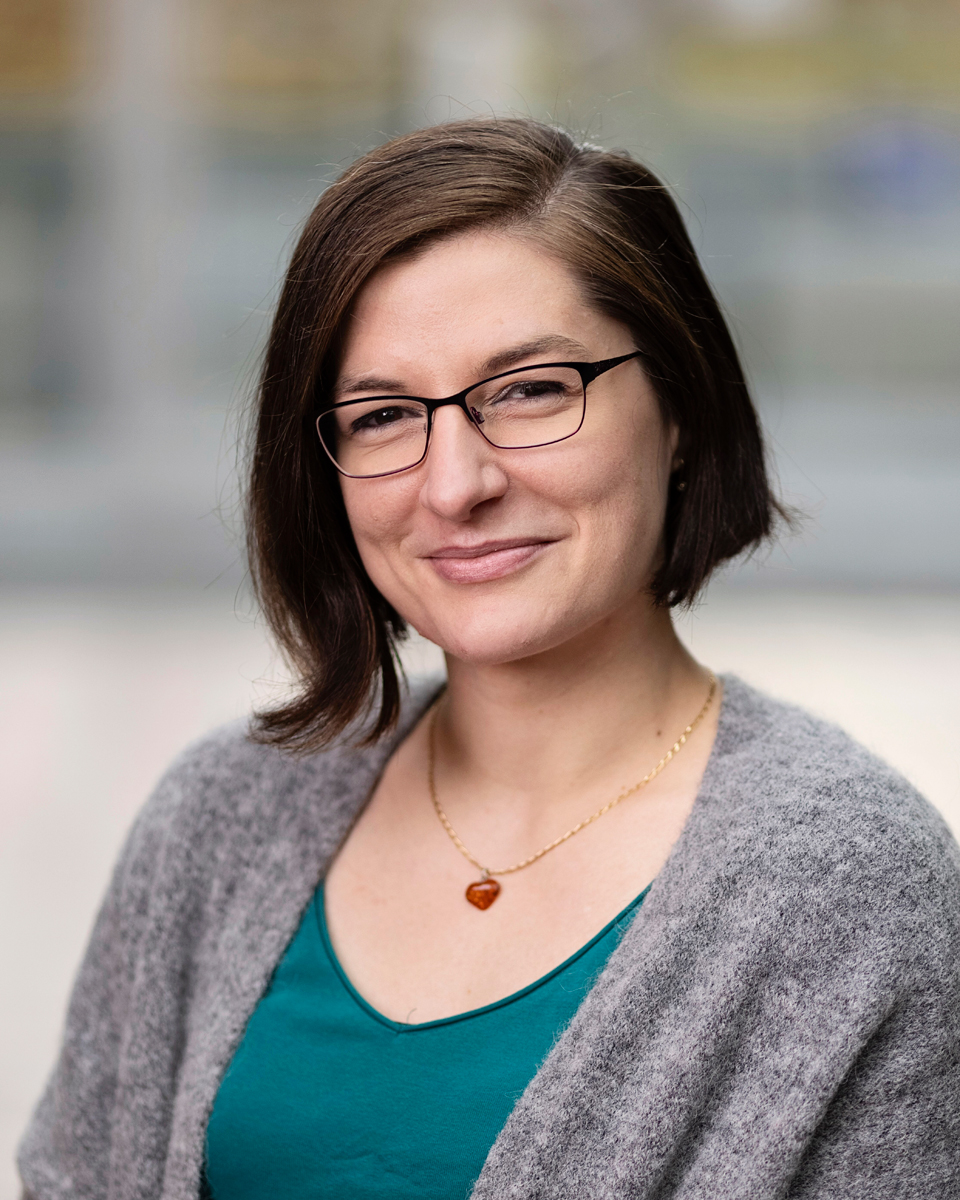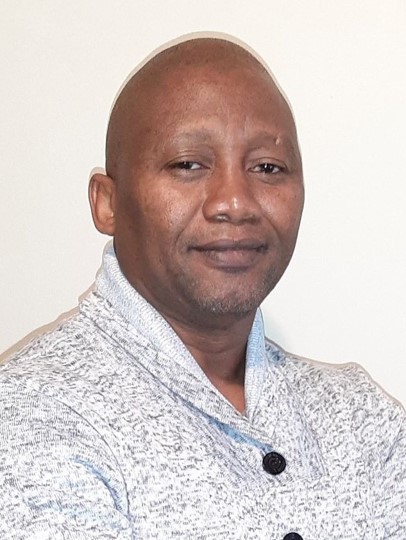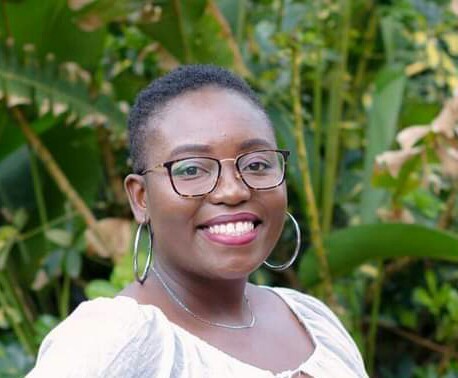We would like to introduce you to our postdoctoral fellows that joined our team in 2022-2025. After a rigorous application process, our postdoctoral fellows in South Africa, Nigeria, Malawi and Norway have been working with the local teams to organise and coordinate the South Africa, Nigeria and Malawi Clinical Practice Guideline (CPG) GELA project. Fellows have been engaging with CPG panels and coordinating the guideline development of adaptation processes.
Ekpereonne Babatunde Esu is a senior lecturer in the epidemiology unit of the Department of Public Health University of Calabar, Nigeria. He is one of the four post-doctoral fellows within GELA. and is part of the GELA Nigeria Project team.
As a is a public health specialist with a particular focus on epidemiology and international health. He’s been involved in the conduct of systematic reviews of interventions relevant to maternal and child health. Ekpereonne’s work has included the study design and use of epidemiological methods to inform interventions aimed at reducing the burden of infectious diseases.
Ekpereonne has authored several publications on infectious diseases, sexual and reproductive health, and maternal and child health. He is a member of the Epidemiological Society of Nigeria, EPISON, and a Fellow of the Royal Society of Public Health. Ekpereonne is also a member of the International Society for Evidence-Based Healthcare and part of the Cochrane Infectious Diseases Group
He was previously involved with evidence synthesis, particularly around child and maternal health topics. As part of the GELA Nigeria Project team, he is involved in guideline contextualisation, and guideline development and guideline implementation process.
Ekpereonne says his current role on the GELA project has exposed him to the entire evidence ecosystem, from evidence generation to the uptake and implementation of evidence in policy and practice. He believes GELA will be able to document lessons on how LMICs can leverage existing guidelines in the development of context-specific guidelines in child health that would ultimately save lives.
Ekpereonne has a degree in Zoology from the University of Ghana, Legon, an MSc. degree in Public Health from the London School of Hygiene and Tropical Medicine, University of London, and a Ph.D. in International Health from Ludwig Maximilians University in Germany.
 Elodie’s first entry to the global health sector was working in the public health non-profit sector across Europe. She spent time at the Spanish organisation, Salud por Derecho- Right to Health Foundation and the International Diabetes Foundation - European region. Here she got her first-hand insights into access to medicines and what hinders so many countries from receiving them.
Elodie’s first entry to the global health sector was working in the public health non-profit sector across Europe. She spent time at the Spanish organisation, Salud por Derecho- Right to Health Foundation and the International Diabetes Foundation - European region. Here she got her first-hand insights into access to medicines and what hinders so many countries from receiving them.Elodie spent a few years in the sector and then she decided to head back to the academic world. She headed to Norway to complete a PhD in political science at the Center for Global Health Inequalities Research, at the Norwegian University of Science and Technology (NTNU). Her PhD research was focused on public health interventions, cash transfers, and health inequalities in children in low- and middle-income countries.
Elodie is now one of the GELA postdoctoral fellows based in Norway at NTNU. Her research will focus on qualitative evidence synthesis under work package 2 and the use of qualitative evidence by decision-makers, under work package 6.
Elodie says that before entering the academic health space, synthesizing and presenting scientific evidence to health policy makers in their specific contexts was her key focus area. She says these insights and understanding the challenges of developing evidence-informed policy are giving her some useful perspectives on how to approach the guideline adaptation and development process GELA is developing.
Elodie wants to also focus on developing her skills in qualitative and review methods, as well as research management and knowledge transfer. Her postdoctoral research will also focus on two main areas: The use of qualitative evidence in decision-making (including the equity dimension) and the development and dissemination of methods for different types of reviews.
She holds an MA in International Public Management from the Institute of Political studies and a PhD from NTNU.
From Sierra Leone to South Africa- GELA will make a difference in newborn and child health
 From Sierra Leone to South Africa, Idriss Kallon has come a long way from West Africa to the southern tip of Africa. Kallon is one of the GELA post-doc fellows at the Centre for Evidence-Based Health Care, CEBHC at Stellenbosch University.
From Sierra Leone to South Africa, Idriss Kallon has come a long way from West Africa to the southern tip of Africa. Kallon is one of the GELA post-doc fellows at the Centre for Evidence-Based Health Care, CEBHC at Stellenbosch University.
Kallon says after attending several capacity-building courses, including the fundamentals of epidemiology and evidence-informed decision-making: The Art, Science, and Complexity of Knowledge Translation, his research capacity widened. He also got involved in more synthesis research projects as well as primary research, and since then, he has led an audit of the MSc Clinical Epidemiology course, with a paper prepared for submission to BMC Medical Education, and research on the publication practices of Cochrane authors in sub-Saharan Africa.
TB Infection Prevention research….
Kallon says his journey to a postdoc in South Africa started in January 2020 at the University of Cape Town in the Division of Social and Behavioural Sciences, where he was involved in a collaborative and interdisciplinary research project on TB Infection Prevention and Control (TB-IPC). His research outputs included co-authoring a systematic review of the barriers and facilitators of TB-IPC in low- and middle-income countries from the perspective of healthcare workers.
In April 2022, Kallon was appointed as a postdoc in the GELA project, part of work packages 2 and 5. He says. His outputs thus far include co-authoring a scoping review regarding newborn and child health national and provincial clinical practice guidelines in South Africa, Nigeria, and Malawi.
He has also helped in preparing a protocol for the monitoring and evaluation of GELA under WP6 and is presently co-authoring a scoping review, which is also linked to identifying and mapping available qualitative evidence syntheses and mixed-methods reviews on newborn and child health-related topics. He is also part of the team that is working on the qualitative component of the PICOS that has been developed for South Africa, Malawi, and Nigeria.
Contributing to global health research
On reflection on the past year, Kallon’s says the research activities in the first year of the GELA project, included participation in a clinical practice guideline simulation, and he says this has broadened his research experience and understanding of new born and child health national and provincial clinical practice guidelines in the three targeted countries. Kallon says he believes the GELA project will contribute to global health by expanding the research evidence that policymakers need to combat poverty-related diseases that affect newborn and child health in South Africa, Nigeria, and Malawi.
He did his undergraduate studies in Sierra Leone, moved to South Africa in 2007 to pursue postgraduate studies, and eventually obtained a Ph.D. in public health at UCT in 2018.
From midwife nurse to GELA postdoc research fellow
 From frontline nursing in one of Malawi's busiest hospitals to a researcher in ground-breaking maternal health, Roselyn Chipojola’s passion remains to make a difference in healthcare. She is one of the GELA postdoctoral research fellows, and her focus is on scoping clinical practice guidelines in newborn and child health in Malawi, South Africa, and Nigeria, which will eventually lead to guideline development.
From frontline nursing in one of Malawi's busiest hospitals to a researcher in ground-breaking maternal health, Roselyn Chipojola’s passion remains to make a difference in healthcare. She is one of the GELA postdoctoral research fellows, and her focus is on scoping clinical practice guidelines in newborn and child health in Malawi, South Africa, and Nigeria, which will eventually lead to guideline development.
Chipojola says that in the GELA project, she is mainly responsible for work packages 1 and 2 focused on working closely with key national role players and conducting priority setting to identify priority topics, and the activities linked with conducting high quality reviews to support the health policymaker decisions that will be made.
She is part of a team that conducted a landscape analysis for clinical practice guidelines in newborn and child health in Malawi. She says the team came up with three priority topics, which were then carried over to Work Package 2. And right now, the team is working on a protocol on priority topic one, and the team is trying to scope guidelines relating to early versus late enteral nutritional support in critically ill children aged less than 12 years old.
From Malawi to Taiwan…
Chipojola’s journey has taken her from being a midwife nurse to an MA in Nursing in Taiwan to a PhD. She completed her degree in nursing and midwifery at what was then known as the Kamuzu College of Nursing at the University of Malawi in 2011. She then started working at a government hospital, the Zomba Central Hospital, the main referral hospital located in the eastern region of the Southern African nation. During her three and a half years as the nurse, she monitored maternal reproductive health and nutrition assessments at the point of contact during their pregnancies. She was also involved in educating and encouraging new mothers on the importance of breastfeeding, immunizations, hygiene, and dressing babies.
In 2015, Chipojola left the comfort of her home and nursing and headed to the Taipei Medical University in Taiwan, where she completed a Master’s in Nursing with a special focus on maternal and child health, and later a PhD in Nursing with a special interest in maternal and child health. She has co-authored 16 research papers, and these have been published in several high-impact journals. She has also worked with a multidisciplinary team of researchers from Brazil, Italy, Ukraine, the USA, Canada, and Russia on a cohort study that had six research streams.
Research focuses on maternal health
Chipojola says her research has mainly focused on maternal and child health-related issues like breastfeeding, breastfeeding self-efficacy, instrument validation, and secondary data analysis using nationwide datasets, systematic reviews, and meta-analysis.
Chipojola believes GELA can contribute to global research as it is already scoping relevant guidelines in three different countries, thereby having a broader perspective on newborn and child health.
